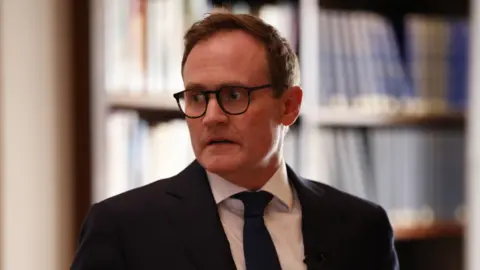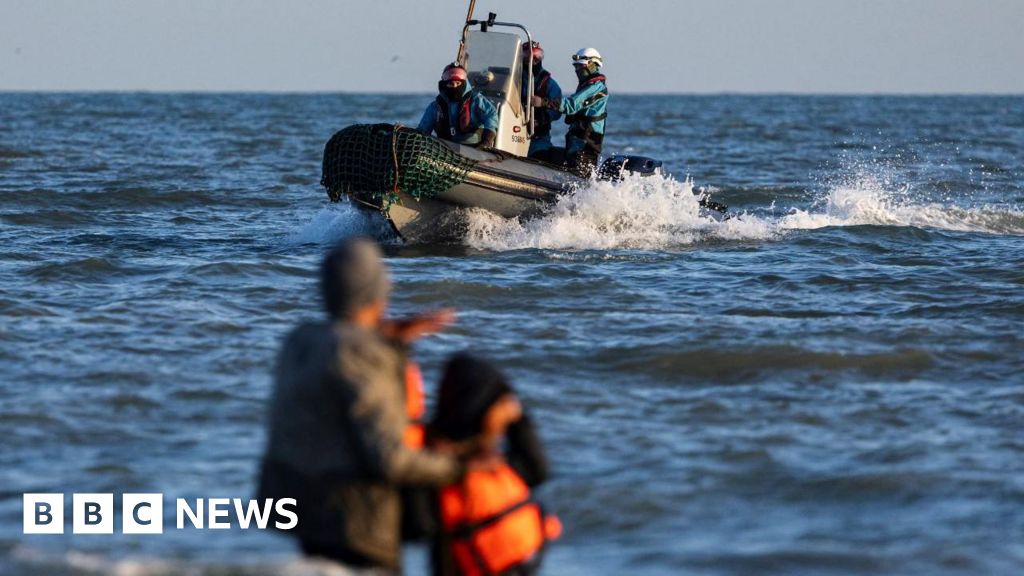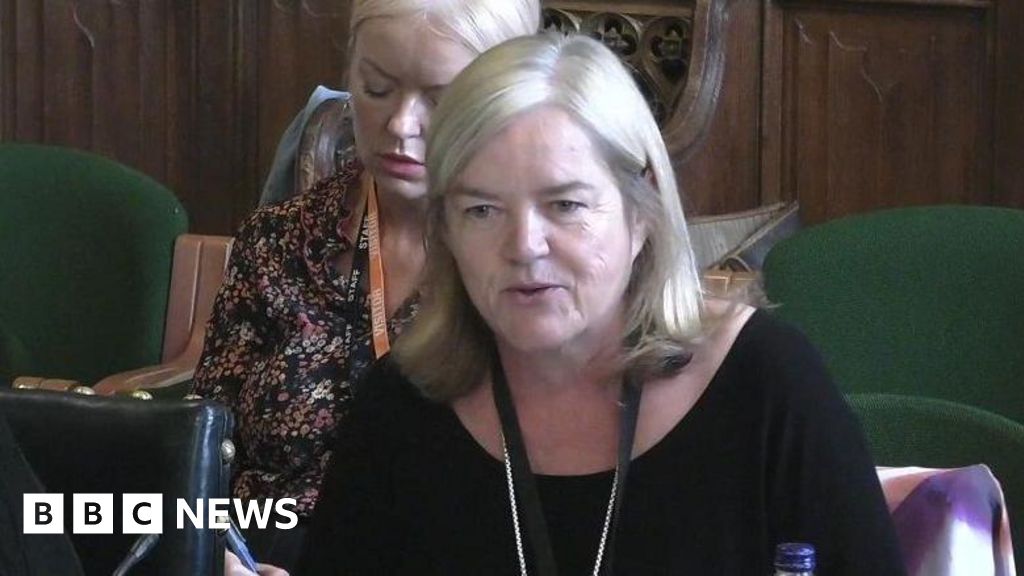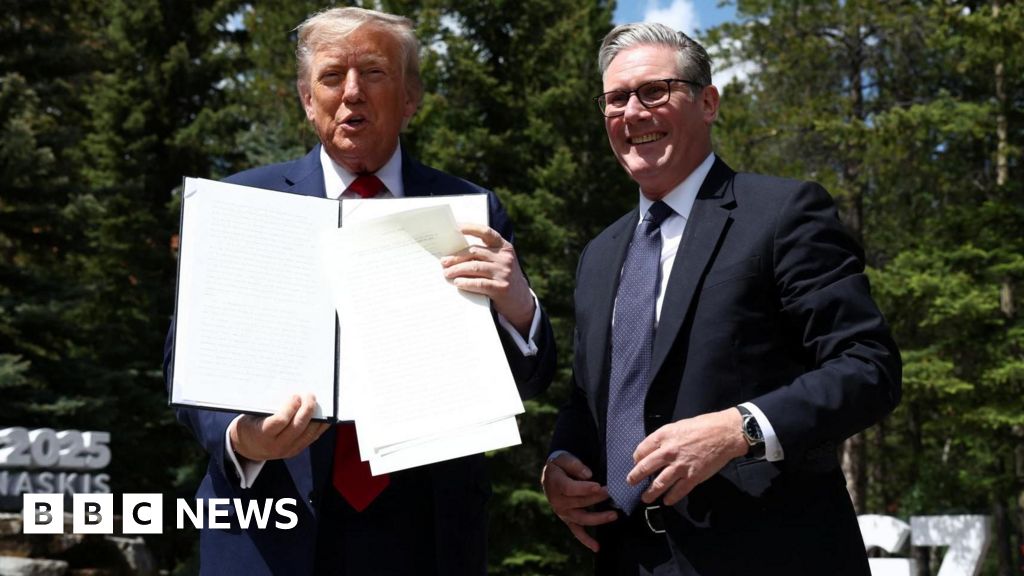ARTICLE AD BOX

 Getty Images
Getty Images
Tory leadership hopeful Tom Tugendhat has said riots this summer could have been stopped sooner, as he criticised the government's response.
In a speech, the shadow security minister said rioters should have been confronted earlier with an "overwhelming police presence".
Mr Tugendhat, one of six candidates vying to replace Rishi Sunak as Conservative leader, said Sir Keir Starmer "fell short" in his "first real test" as prime minister.
Sir Keir should have chaired an emergency cross-government meeting more quickly after violence flared, he argued.
On Monday, Downing Street said Sir Keir had abandoned his plans for a summer break to deal with the fallout of the riots.
The PM's spokesman said the criminal justice system had acted quickly, with people involved in violence being charged and sentenced "within a matter of days".
More than a thousand people have been arrested in connection with violent disorder in parts of England and Northern Ireland that began after three young girls were killed in a knife attack in Southport on 29 July.
The rioting over the course of the subsequent week included attacks on hotels housing asylum seekers, and was fuelled by a false rumour spread through social media that the suspect was a Muslim asylum seeker.
This was the first time Mr Tugendhat had given a speech since he announced he was running to be the next party leader.
While not a campaign launch, choosing instead to respond to the riots allowed the shadow security minister, who is viewed as a moderate, to set out a tough stance on law and order.
In his speech in central London, Mr Tugendhat accused the prime minister of a "failure of leadership" over the "completely unacceptable" disorder.
He argued the unrest "could, and should, have been stopped earlier", adding that the lessons of the 2011 riots in England "weren’t applied".
Sir Keir held a meeting with police chiefs two days after the violence first began, and another with senior ministers two days after that.
But Mr Tugendhat criticised him for not chairing a Cobra meeting, a type of meeting at which officials from different parts of government discuss an emergency, until another two days after that, on 5 August.
He added that holding daily Cobra meetings sooner "could have given the police more of what they needed".
He suggested this should have included calling up all volunteer police to backfill for officers tackling the riots, and using the Army for "backup office duties".
'PR line'
He also took aim at the prime minister for announcing a "standing army" of specialist police officers to help tackle the disorder.
He added it was unclear whether Sir Keir was simply describing the existing system by which police forces can send officers to support each other in emergencies or "if he was proposing something new".
"It was in truth a PR line, not a policy," he added.
Elsewhere in his speech, he offered a range of explanations for the unrest, including rates of reoffending, a lack of "civic pride" in parts of the country, "militant identity politics" and a policy of "promoting difference between communities".
While he said he did not believe there was a two-tier approach to policing in the UK, he did think there had been "inconsistency" in some cases, citing "inaction in the face of blatant criminality" during pro-Palestinian marches in London.
Leadership rivals
Another Tory leadership contender, shadow work and pensions secretary Mel Stride, has said the riots had thrown up "deeper issues", including the role of social media companies and community cohesion.
In a Q&A with the Telegraph, he added it also showed the need to think harder about "poorer, white, working-class males", including "making sure that we give them the kind of opportunities that many of them feel quite distanced from at the moment".
The other candidates for the Tory leadership are James Cleverly, Kemi Badenoch, Robert Jenrick and Priti Patel.
They are currently aiming to secure the backing of fellow Tory MPs, who will whittle the field down to four candidates in a series of votes by the time of the party's annual conference at the end of September.
The MPs will then narrow the field to a final two contenders, with party members then choosing the winner.
The online vote will end on 31 October, with the result announced two days later on 2 November.

 10 months ago
40
10 months ago
40








 English (US) ·
English (US) ·